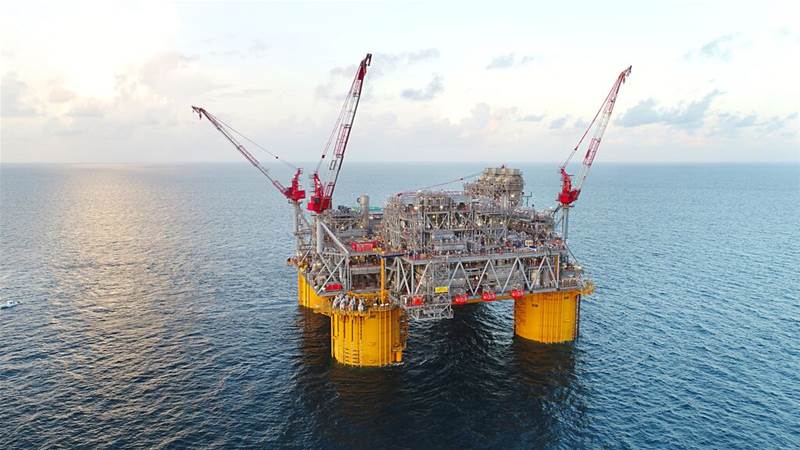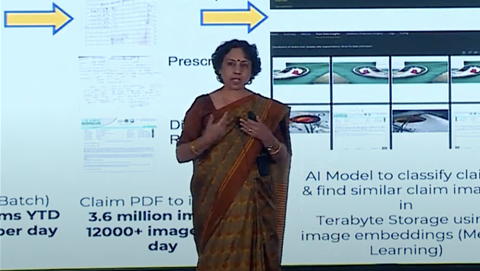Shell has signed a global agreement with Indian tech startup Detect Technologies that will enable a broader deployment of industrial AI software across its operations.
The energy giant already uses the software, called T-Pulse, to automate safety compliance in Shell across various production assets.
It will also invest directly into Detect Technologies through its Shell Ventures arm.
The amount of the investment wasn’t disclosed, but Detect Technologies said it would be used “to further the company’s growth.”
"From the early days of piloting Detect's T-Pulse technology, Shell has been impressed with the product and the ingenuity of the team behind it,” Shell’s vice president of computational science and digital innovations Dan Jeavons said.
“T-Pulse has proven to generate actionable insights that have made our operations measurably safer.”
Shell indicated it is particularly keen on the use of “AI-based computer vision algorithms” in T-Pulse for safety applications.
T-Pulse documentation shows it is able to take data feeds from fixed cameras into a data lake, and then use that to enforce, for example, occupancy limits “within a controlled area on a running plant, offshore platforms, or an industrial project.”
All resources firms have an acute interest in workplace safety and invest considerable effort and money into systems that can reduce onsite risks.
Shell’s safety commitments broadly fall under what it calls its ‘Goal Zero’ ambition, which is “to achieve no harm and no leaks across all of our operations.”
“We have an internal action tracker to ensure Goal Zero on-site and can take out observations from T-Pulse, add them to our action tracker, and take corrective actions proactively,” Heriberto Arreola, Texas-based health, safety, security and environment (HSSE) area lead for Shell, is quoted as saying on Detect’s website.
Detect said in a statement that its technology “significantly increased safety compliance with timely interventions” at Shell operations, and supported the company “to improve safety and asset uptime across sites internationally.”










